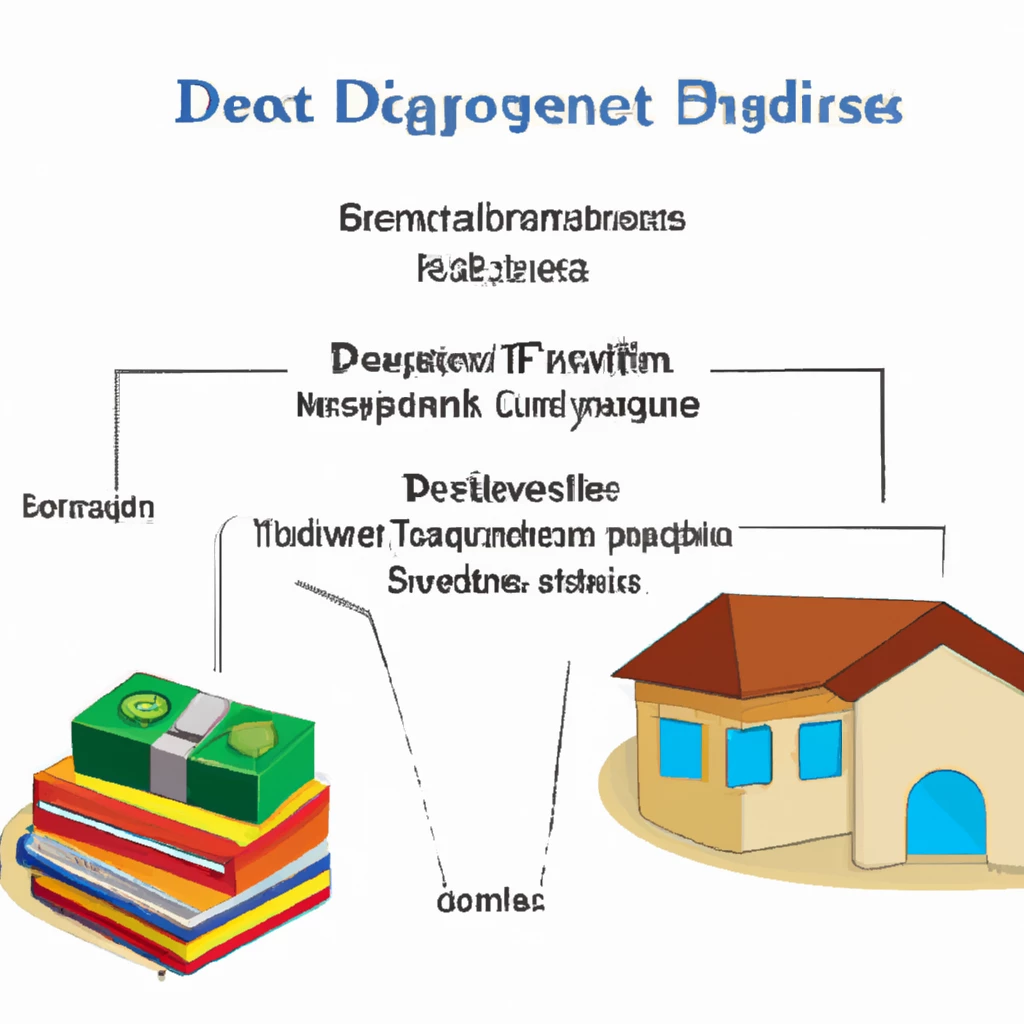Understanding Judgment Proof: What Does It Mean?
Judgment proof, also spelled judgement proof, describes individuals who lack the financial resources to settle a court judgment against them. This typically involves debtors with minimal assets and income, making it difficult for creditors to enforce a judgment.
Key Elements of Being Judgment Proof
- Minimal assets and income are common traits of judgment-proof individuals.
- Creditors face limitations in seizing assets or garnishing income from these individuals.
- Protected income sources, like Social Security, child support, and unemployment benefits, are often exempt from seizure.
- Certain assets, such as a primary residence, are safeguarded from creditor collection actions.
- Judgments can persist for extended periods and may be renewed, obliging debt repayment if financial circumstances improve.
Power Behind Being Judgment Proof
To establish judgment-proof status, an individual must typically meet two criteria. Firstly, there should be insufficient income, especially in cases of unemployment or barely adequate earnings. Secondly, a lack of attachable assets like bank accounts and real estate is vital. Certain income streams, such as court-ordered support and some benefits, enjoy protection against creditor garnishment.
Once someone attains judgment-proof status, creditors encounter hurdles in debt collection efforts. Despite its temporal nature, this condition offers protection until the individual’s financial circumstances allow debt repayment.
The Legal Aid Society of New York City advises caution, emphasizing that individuals can resist pressure to enter settlement agreements when their income is judgment-proof, as it is shielded by law.
Illustrating Judgment Proof with an Example
Consider the case of Charlie, a hypothetical individual facing insurmountable debts due to illness and subsequent financial issues. Despite a court judgment against Charlie, their minimal wage earnings and state-guaranteed asset protections render them judgment proof, impeding the collection agency’s recovery efforts.
Is Bankruptcy an Option for Judgment-Proof Individuals?
Bankruptcy remains a potential avenue for judgment-proof individuals, although the pragmatic benefits are limited if assets are already untouchable. A resurgence in financial stability might prompt consideration of bankruptcy as a safeguard, especially when assets need protection.
While bankruptcy offers finality, its credit repercussions warrant thorough evaluation against alternative debt relief avenues, such as credit counseling services.
Navigating the Bankruptcy Process
You can initiate bankruptcy proceedings by submitting a petition to federal bankruptcy courts. Although legal representation is not mandatory, it is highly recommended due to the lasting financial and legal implications of bankruptcy.
Exploring Bankruptcy Options for Individuals
Common bankruptcy types for individuals include Chapter 7 and Chapter 13, each with distinct asset handling and debt resolution methods.
Final Considerations
The term “judgment proof” may be misleading, as it signifies protection from creditors’ collection efforts rather than judgments per se. This status is not permanent and could necessitate debt repayment if financial circumstances evolve. Awareness and strategic planning are key in managing such situations effectively.
